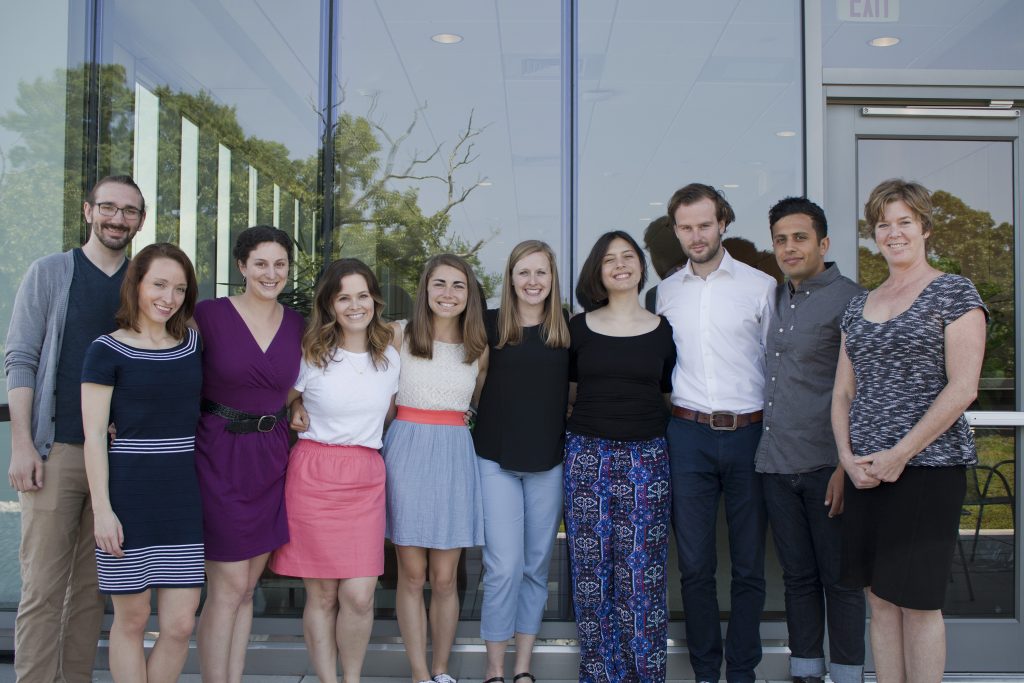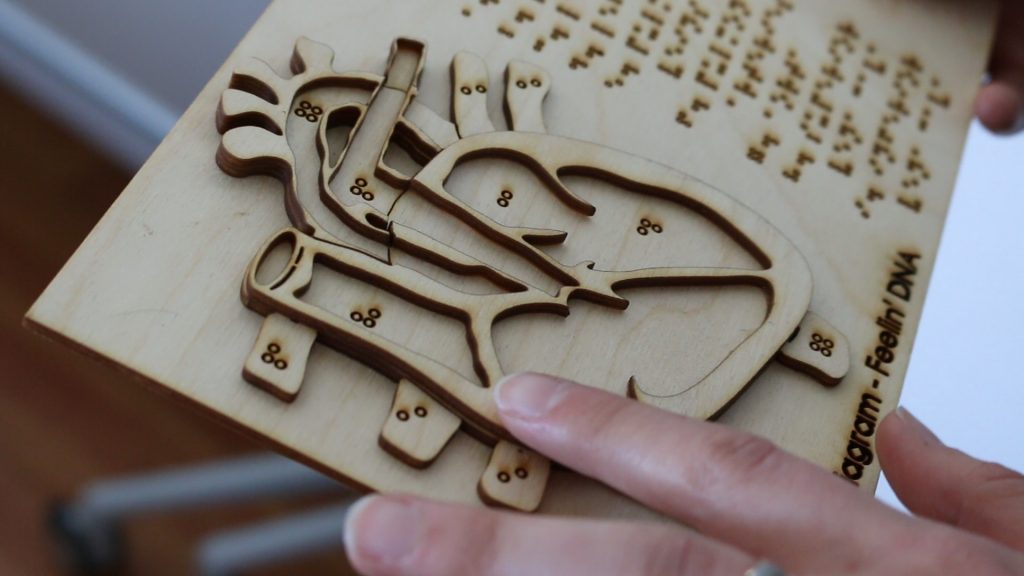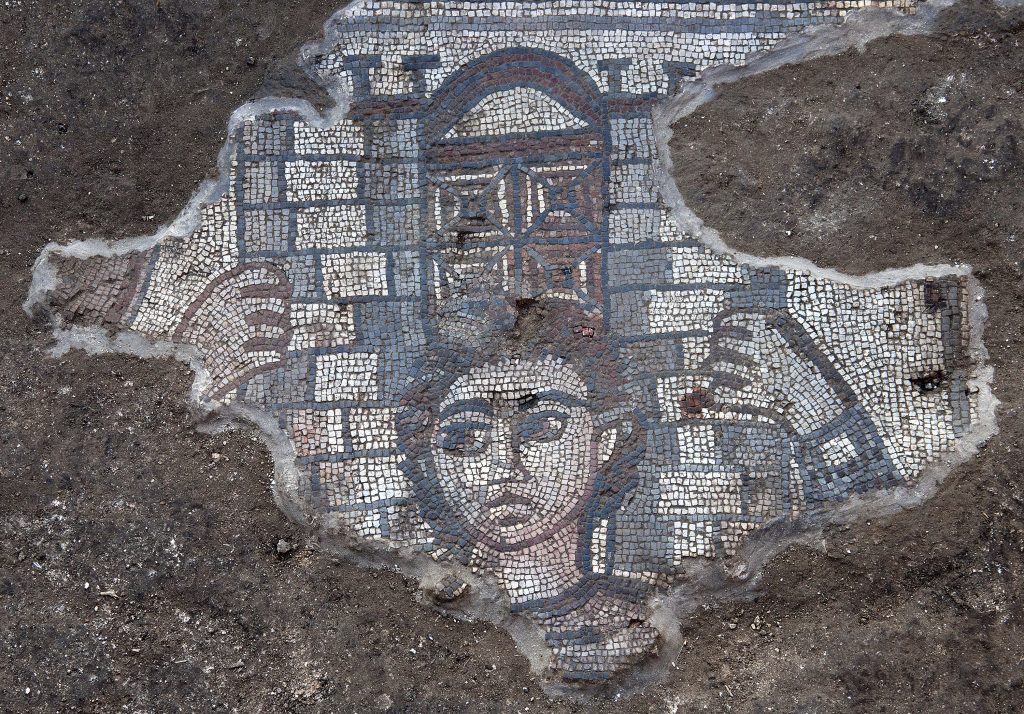 Between April 5 and 7, UNC’s Palestinian Nationalism, Politics, and Diplomacy seminar offered students the opportunity to take a break from reading about one intractable conflict zone to visit another: Washington, D.C.
Between April 5 and 7, UNC’s Palestinian Nationalism, Politics, and Diplomacy seminar offered students the opportunity to take a break from reading about one intractable conflict zone to visit another: Washington, D.C.
Led by Shai Tamari, associate director of the Carolina Center of the Study of the Middle East and Muslim Civilizations and lecturer in the Curriculum in Peace, War, and Defense, they met with policy-makers and regional experts. Having read and discussed well over 1,000 pages on the topic, the class was prepared to engage with the speakers. While we noted that the trip was educational and not advocacy-related, we did not refrain from asking penetrating questions. Going to D.C. allowed us to test our idealistic assumptions against the hard reality of policy-making.
Our first hint that the tidy moral package into which we had pushed the conflict was not going to cut it in Washington came at the office of the North America Representative for the United Nations Relief and Work Agency (UNRWA, the UN body charged with the welfare of Palestinian refugees).
There we met with Matthew Reynolds, who spoke to the class about his agency’s role in the Palestinian territories, Syria and Lebanon. The agency claims that, for want of basic services, the Gaza Strip will be unlivable by 2020. And we learned of the devastating experience of Palestinian refugees in Yarmouk, on the outskirts of Damascus. Reynolds also described the domestic political difficulties that UNRWA faces, both in our nation’s capital and in the region.
Ghaith al-Omari, senior fellow at the Washington Institute for Near East Policy, talked about the challenges that Palestinians face wielding influence in Washington. We discussed how and why pro-Arab lobby groups are weak and fractured, and how their political disadvantage is exacerbated by the remarkable strength of pro-Israel lobby groups. We also discussed the disillusionment Palestinians express toward their political leadership, whether Fatah or Hamas.
At the office of Senator Dick Durbin (D-IL), we were briefed by Elizabeth Lawrence, foreign policy advisor to Sen. Durbin. There we learned about the possible U.S. legal ramifications for the Palestinians if they pursue action against Israel at the International Criminal Court, as well as the various stands Congress has taken in relation to the Israeli-Palestinian conflict.
Frank Lowenstein, U.S. Special Envoy for Israeli-Palestinian Negotiations, hosted the class at the Department of State. Former U.S. Ambassador to Israel Martin Indyk stepped in at the meeting as well. Lowenstein took on Indyk’s difficult role as envoy after the Kerry-led round of talks collapsed in 2014. Lowenstein discussed the challenges he faces with working with Israelis and Palestinians, two parties who do not trust each other.
On our second day we visited the Pentagon, where the class heard from Major John (“Stew”) Welch (U.S. Air Force), Lt. Colonel Hector Lopez (U.S. Air Force) and their colleagues at the Middle East Directorate of the Joint Staff. They discussed the work that the Office of the United States Security Coordinator for Israel and the Palestinian Authority (USSC) is conducting in order to meet U.S. commitments under the Middle East Roadmap for Peace in the West Bank.
 At the Office of the Delegation of the European Union to the United States we learned about the positions the EU has taken in the region. The class’ last meeting was with Maen Rashid Areikat, Palestine Liberation Organization ambassador to the United States. He was direct about the challenges of representing Palestinian interests in the United States and the complexities of inter-Palestinian politics.
At the Office of the Delegation of the European Union to the United States we learned about the positions the EU has taken in the region. The class’ last meeting was with Maen Rashid Areikat, Palestine Liberation Organization ambassador to the United States. He was direct about the challenges of representing Palestinian interests in the United States and the complexities of inter-Palestinian politics.
A three-credit course on Palestinian politics is a taxing experience for an optimist. Our readings were academic. In contrast, the conflict is real, it is bloody and it seems poised to continue indefinitely. Going to Washington, D.C., enhanced our understanding of the dogmatism that keeps it that way.
By Sam Shaw ’16




